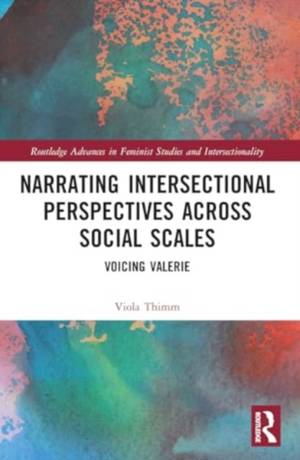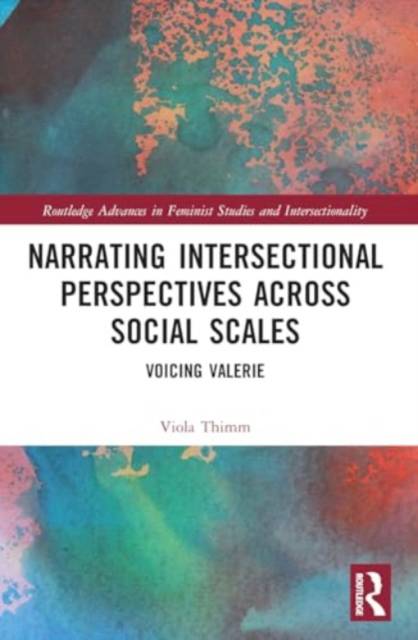
- Retrait gratuit dans votre magasin Club
- 7.000.000 titres dans notre catalogue
- Payer en toute sécurité
- Toujours un magasin près de chez vous
- Retrait gratuit dans votre magasin Club
- 7.000.0000 titres dans notre catalogue
- Payer en toute sécurité
- Toujours un magasin près de chez vous
85,45 €
+ 170 points
Format
Description
This book presents a guide to researching intersectionality. Clear and jargon-free, this book introduces a narrative-driven, scalar, and polyvocal approach to the antiracist-feminist framework. Thimm shows students how intersectionality can be used as a methodology, especially in the analysis of multiple 'identities'.
Spécifications
Parties prenantes
- Auteur(s) :
- Editeur:
Contenu
- Nombre de pages :
- 182
- Langue:
- Anglais
- Collection :
Caractéristiques
- EAN:
- 9780367545963
- Date de parution :
- 29-01-24
- Format:
- Livre broché
- Format numérique:
- Trade paperback (VS)
- Dimensions :
- 156 mm x 234 mm
- Poids :
- 285 g

Les avis
Nous publions uniquement les avis qui respectent les conditions requises. Consultez nos conditions pour les avis.






